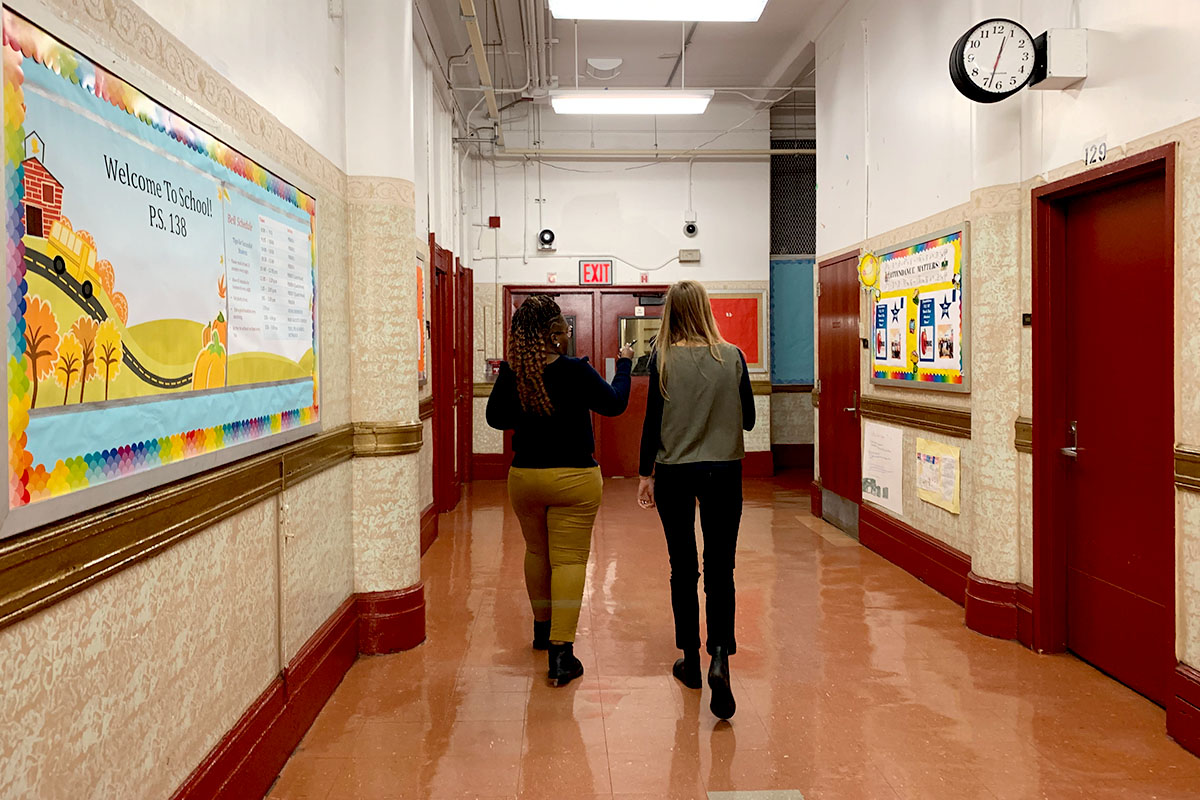
We believe that people should have the opportunity to pursue a healthy life, a good education, rewarding work, and a secure retirement—and that government can offer public services that help all members of our society improve their well-being and prosperity.
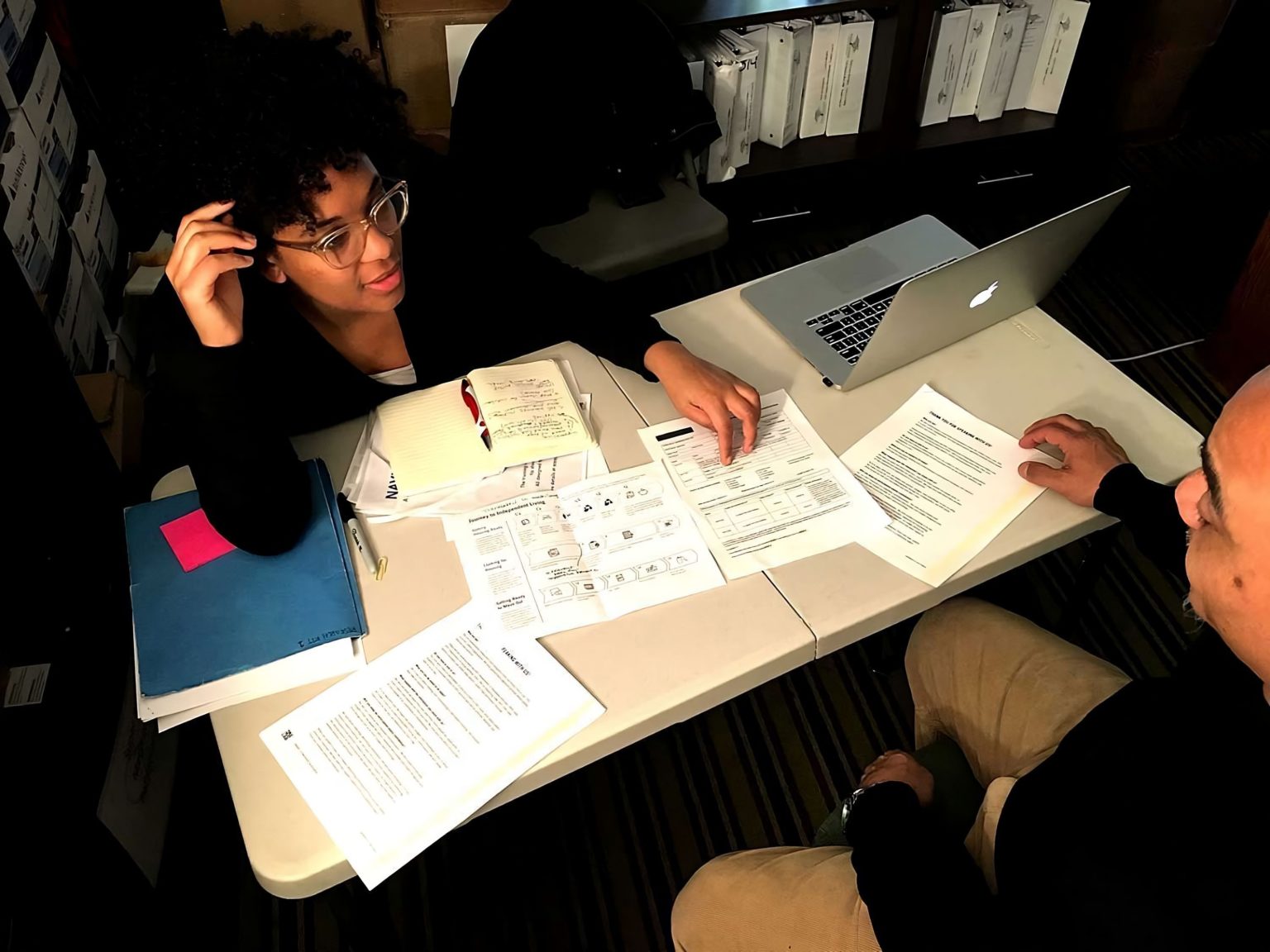
PPL researchers meet service users and frontline providers where they are, including their homes, civic spaces, and places of work, like this NYC shelter.
We’ve created research-informed policy guidance for mayoral offices and executive-agency leadership. We’ve conducted dozens of design projects with government partners to improve policy and service delivery.
We’ve developed strategy and research to inform grantmaking—for example, we’ve helped funders explore how social marginalization affects community well-being. We’ve also gratefully received philanthropic support for our work with government and service providers.
We’ve partnered with community-based organizations—particularly providers of publicly funded services—to create strategy and program models and to improve operations and staff capabilities.
We’ve taken part in working groups at leading think tanks and academic centers to develop human-centered frameworks and recommendations around digital policy, municipal regulation, and government transformation.
Over the years, we’ve worked with dozens of partner organizations, both in our home base of New York City and across the United States.
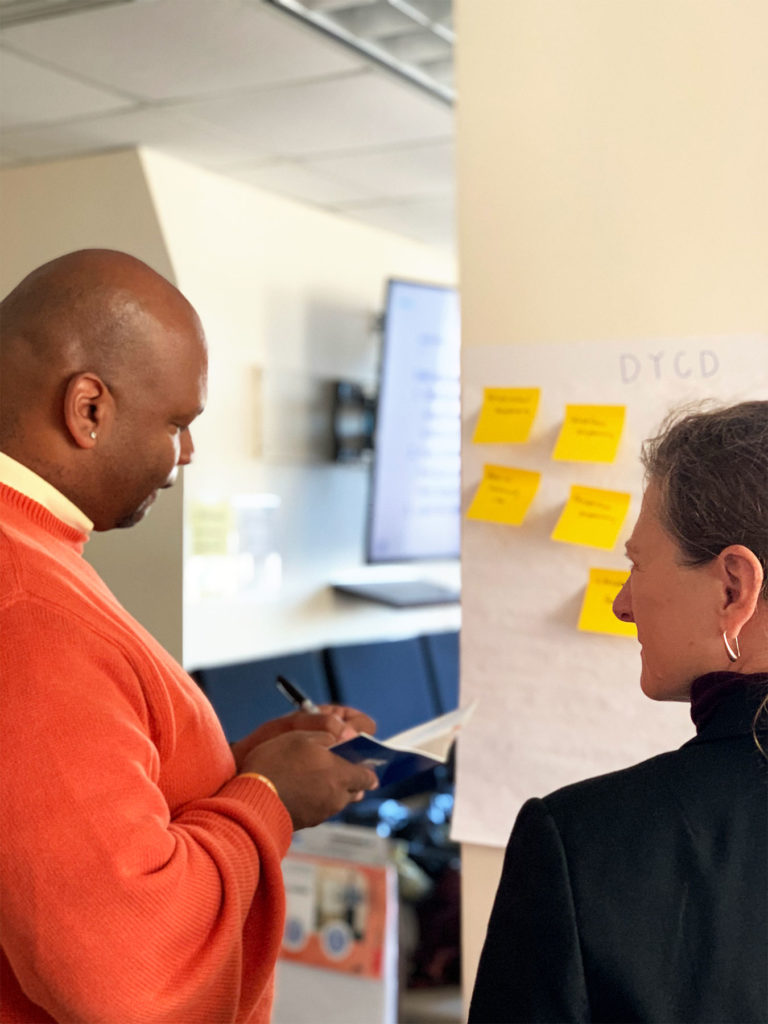
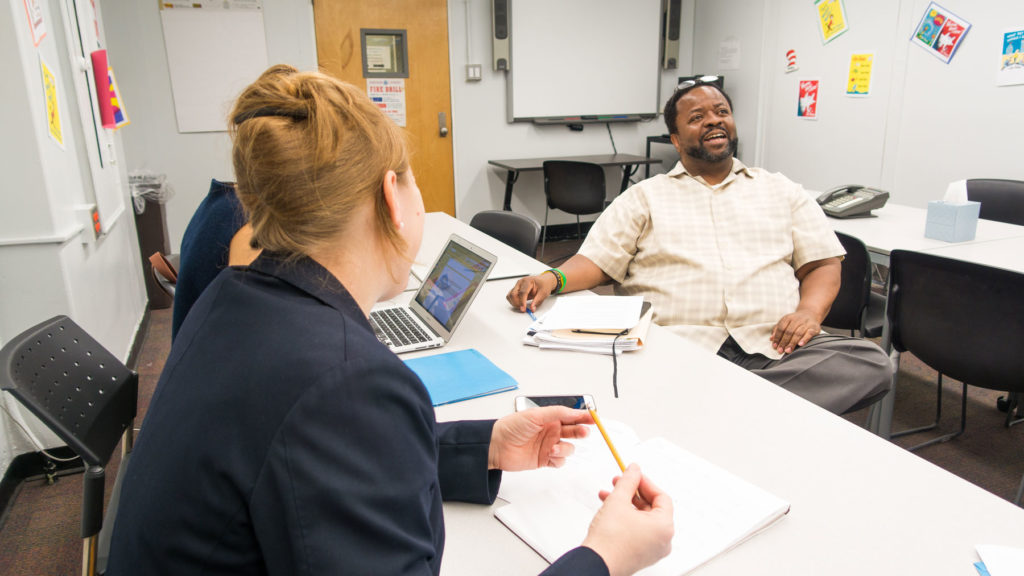
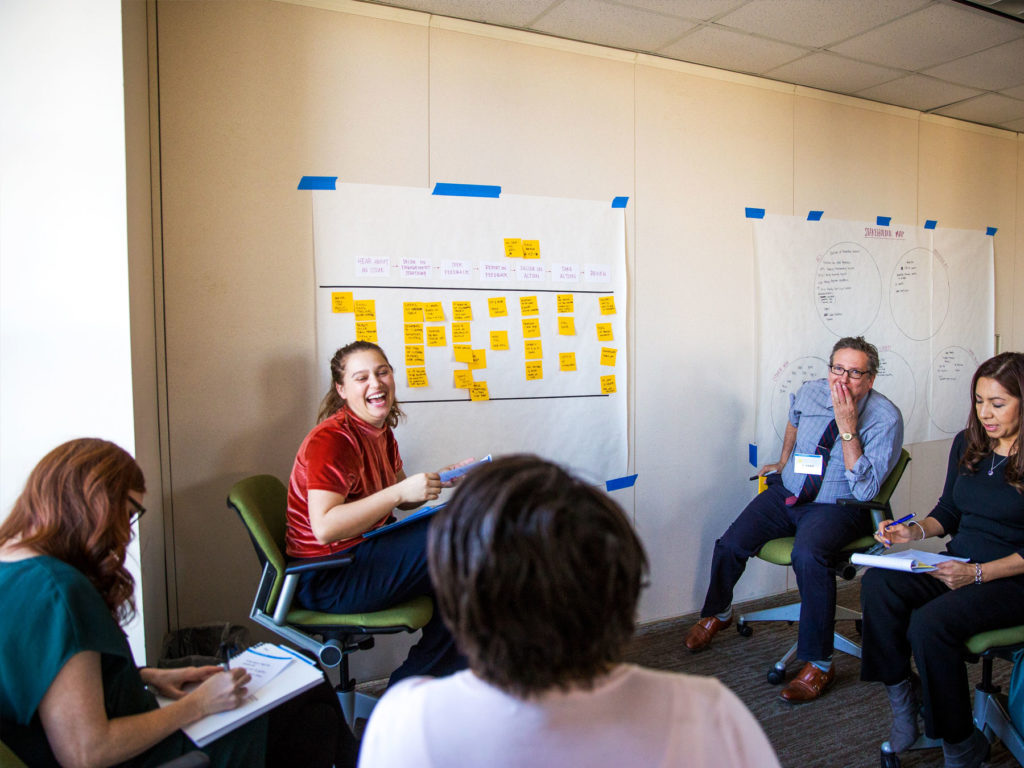
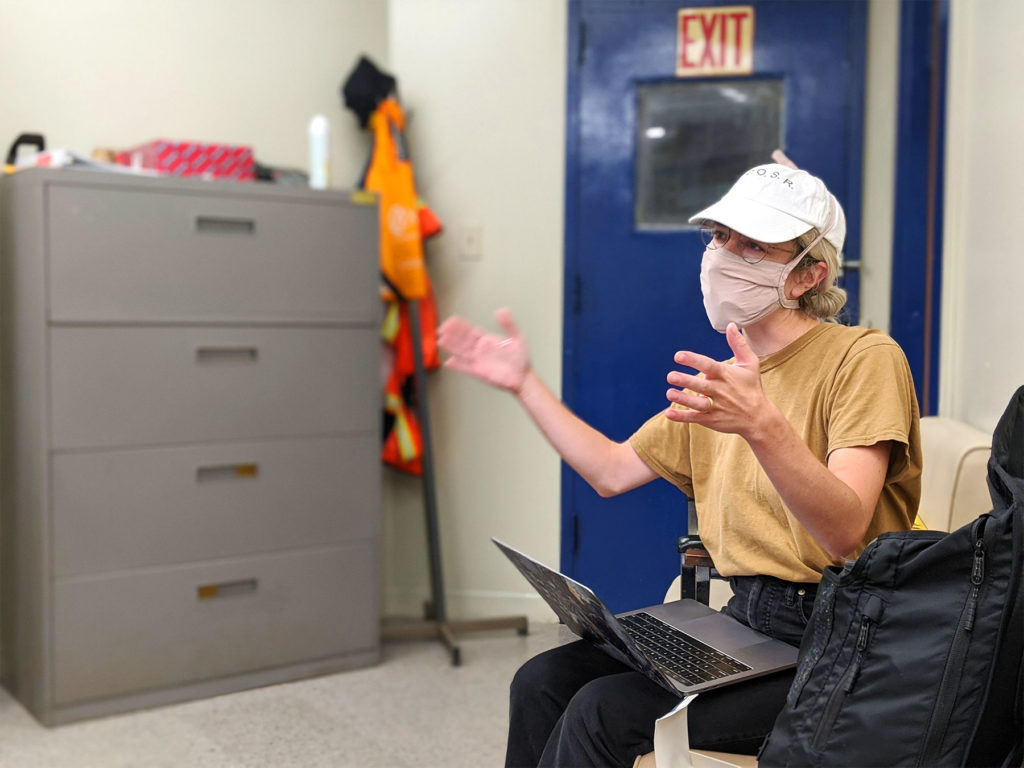




People who have access to steady wages, secure housing, and robust support networks are able to weather occasional setbacks. However, members of the public who struggle to secure housing, healthcare, or other requirements often risk not meeting their basic needs. Unfortunately, they may also face barriers to accessing public services. We’ve worked with people experiencing homelessness, mental-health issues, justice-system involvement, and other challenges to redesign policies and services to better meet their needs and aspirations.
Elected officials and leadership teams at public agencies are often diverse, but may not fully mirror the populations they serve. To create policies that respond to a range of American experiences, we collaborate with members of the public who are not well represented in positions of power—low-income people, immigrants, people of color, young people, people with disabilities or limited English proficiency, among others—and design systems and services that respond to their life circumstances.
We’ve designed supports for high-need youth, from transportation for disabled students to therapeutic care for young people and families in the child-welfare system.
We've improved Medicare enrollment and communications, increased access to mental-health care for vulnerable populations, and explored how services can bridge the digital divide.
Our work has touched many aspects of homelessness and housing, including temporary-shelter services, affordable-housing access, and public-housing maintenance.
We’ve explored how to deal with jail overcrowding, improved supervised-release programs, and responded to intimate-partner violence in the shelter system.
Our veteran-focused initiatives have ranged from exploring how veterans could better enroll in VA healthcare to supporting the launch of the VA's Veterans Experience Office.

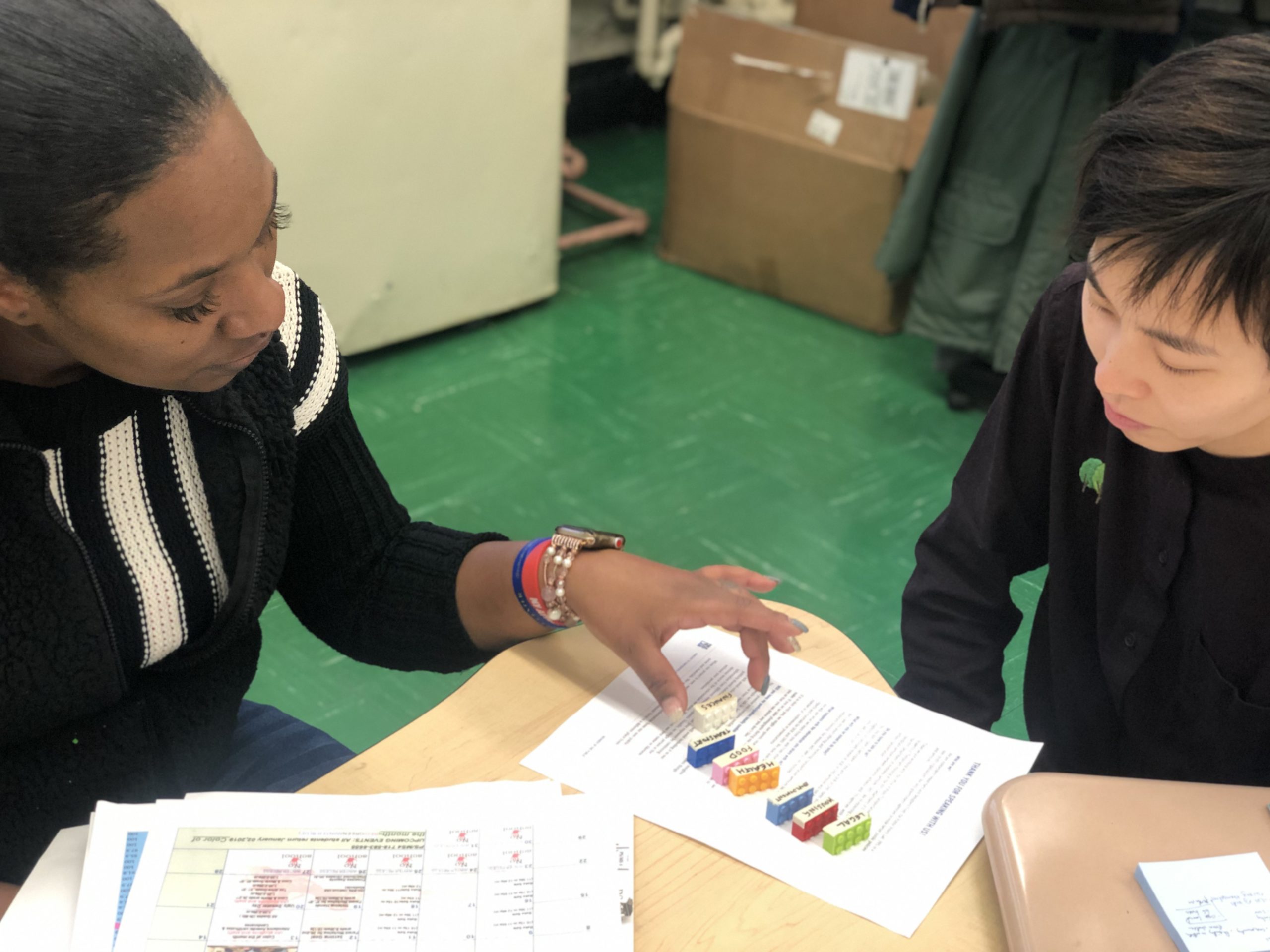
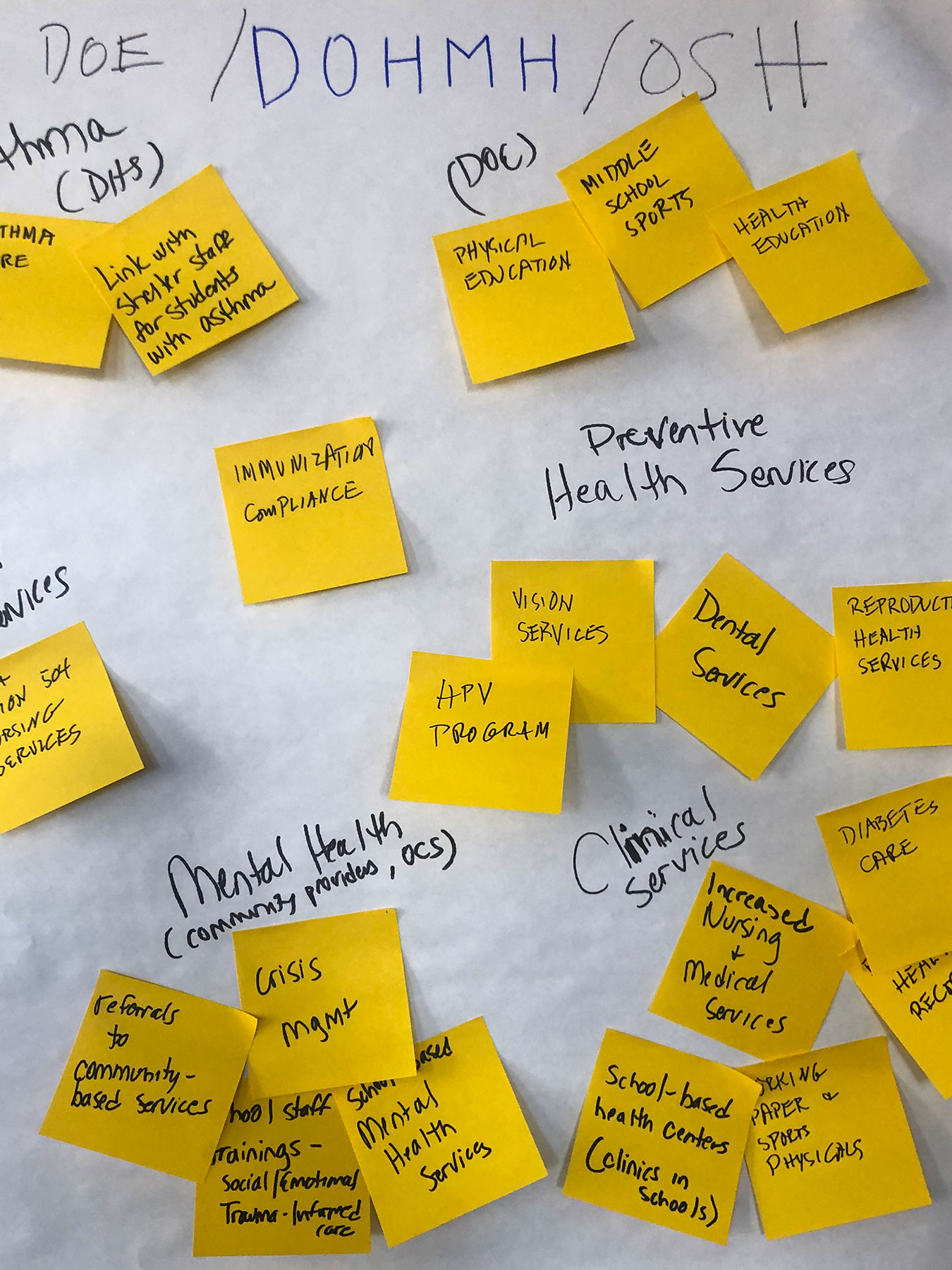
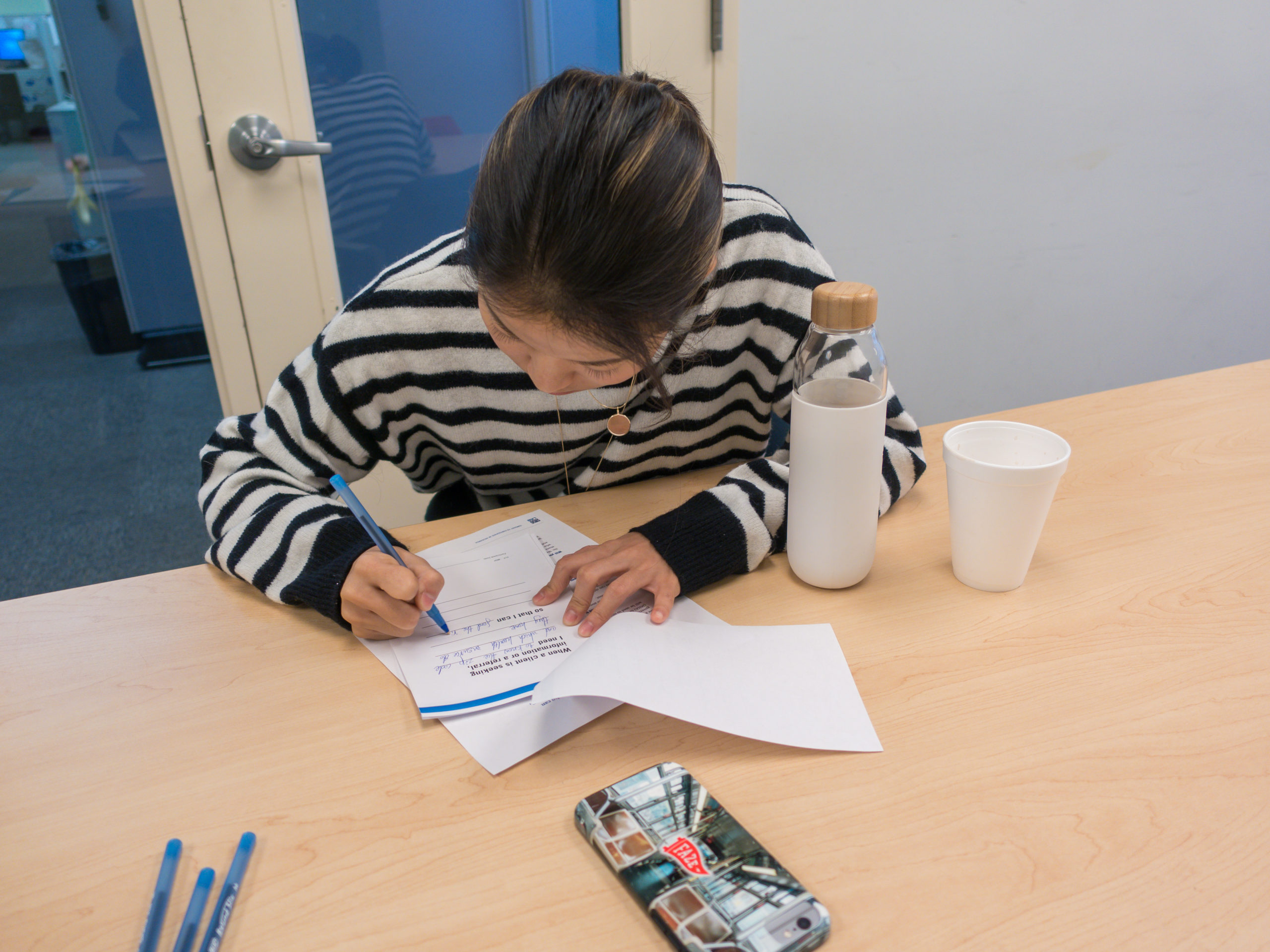
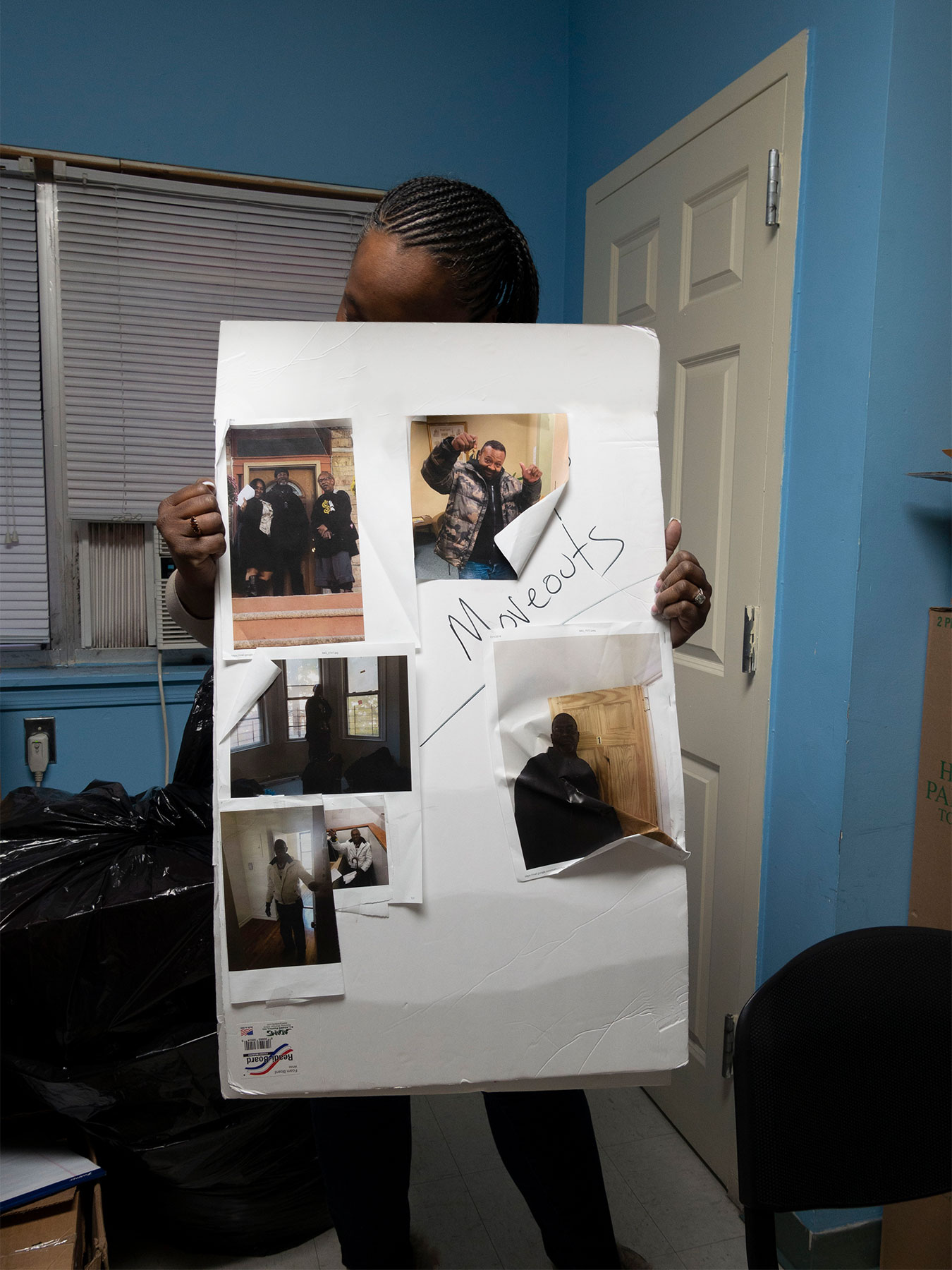
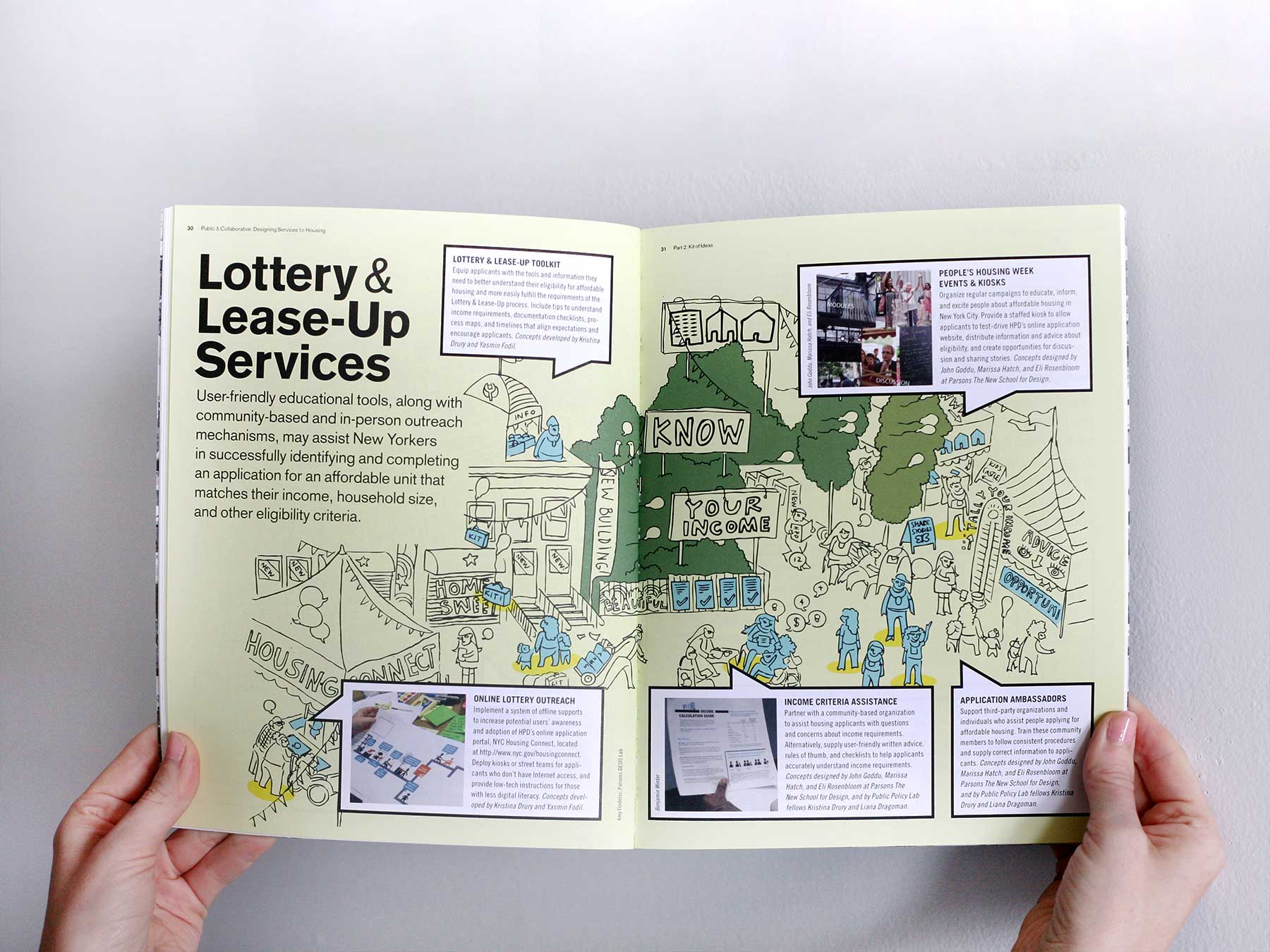
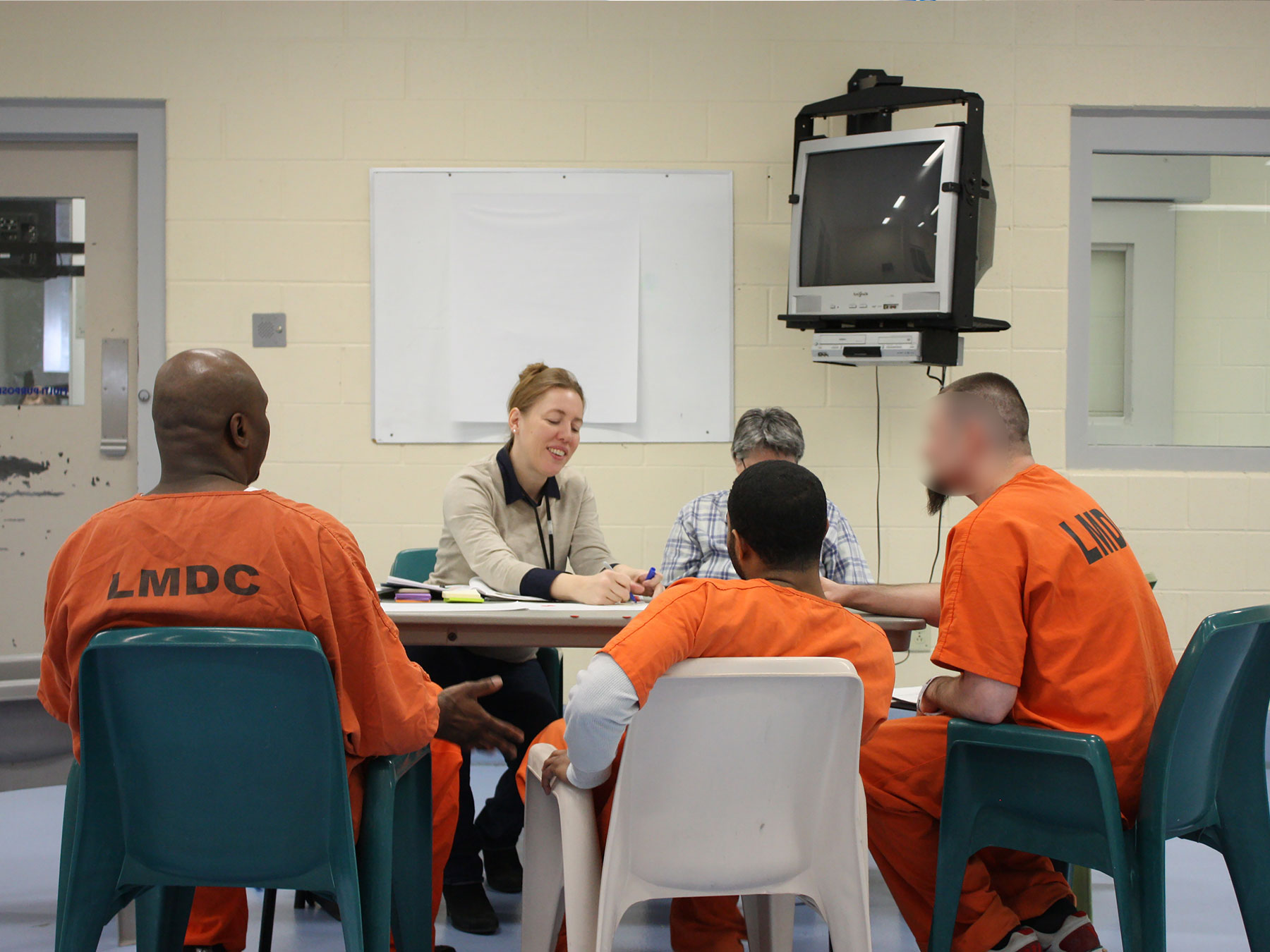

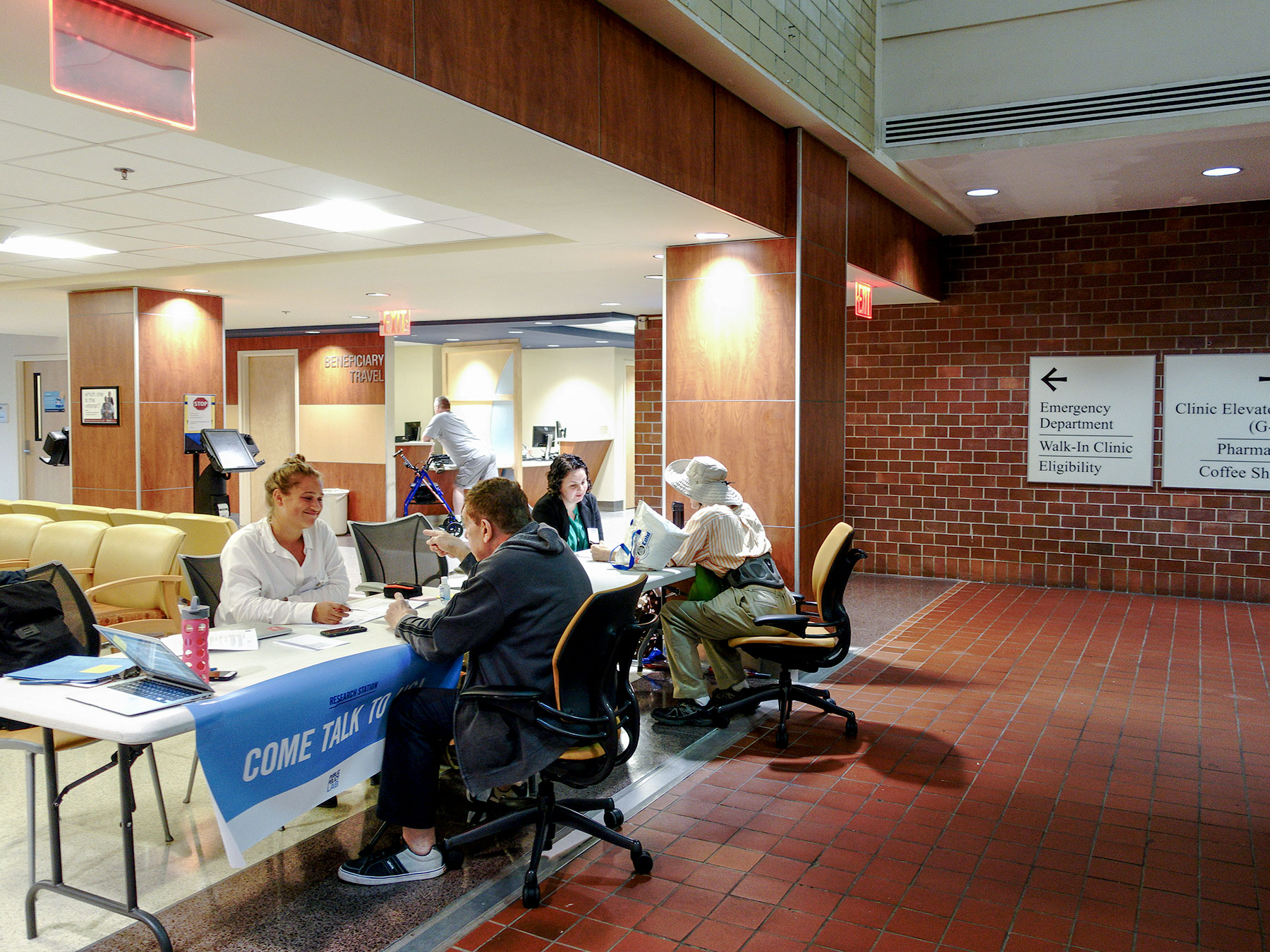
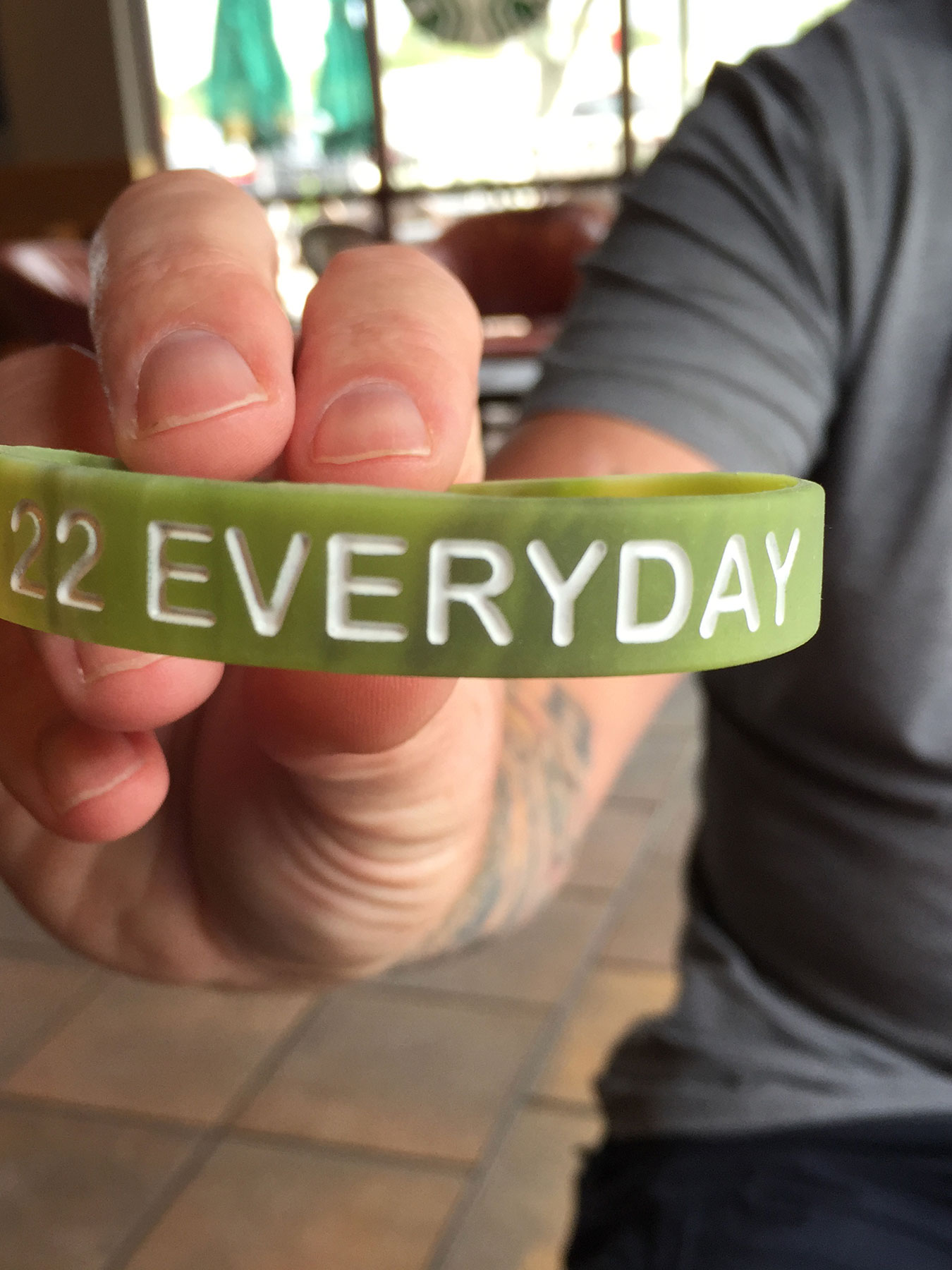
Government is not one static entity, but a dynamic network of policymakers and providers who use policies, protocols, and tools to deliver valuable services to the public. We call this layered system the ‘policy-delivery stack.’
We believe that if you want to transform a complex system, then you need to support behavior change with and for all of these people. That’s why we co-design suites of holistic interventions that target multiple people, touchpoints, and timeframes across policy and service landscapes.
All public-service systems are made up of layers of people and power, what we call a ‘policy-delivery stack.’ By seeing who has power over what, we can identify intervention points for design and bring the voices of members of the public into decision-making processes that they normally would not be able to influence.
Since our founding in 2011, we’ve used our human-centered approach in collaboration with government and public-interest partners that have real authority over delivering public value. Through genuine engagement among our teams and the public, we’ve developed policies and programs that help people across the country, from tens of millions of Medicare beneficiaries and American veterans, to hundreds of thousands of New York City tenants and schoolchildren.
As part of our mission to advocate for more human-centered policy delivery, we work with our partners to make our project outputs open and public, so they can be referenced and replicated by other public-interest innovators.
We’ve developed standard processes and criteria for measuring the success of our projects. At the start of the project, we work with partners to define success in terms of desired outcomes for users and agency ‘business owners.’ The team then develops a behavior-linked theory of change connected to project deliverables. We use the defined project and social outcomes to identify success metrics that can be tracked over time. We also return to these metrics during research, ideation, design, and iteration to measure the value of our work.
PPL is a tax-exempt 501(c)(3)
nonprofit organization.
info@publicpolicylab.org
+1 646 535 6535
20 Jay Street, Suite 203
Brooklyn, NY 11201
We'd love to hear more. Send us a note and we'll be in touch.
We're currently seeking applications for a Graduate Summer Intern. If interested, learn more about the role here.
To hear about future job announcements, follow us on Instagram, Twitter, Threads, and LinkedIn or subscribe to our newsletter.
Enter your email below to subscribe to our occasional newsletter.
Wondering what you’ve missed?
Check out our
The Public Policy Lab is a tax-exempt
501(c)(3) nonprofit organization.
Donate now to support our work; your
gift is tax-deductible as allowed by law.